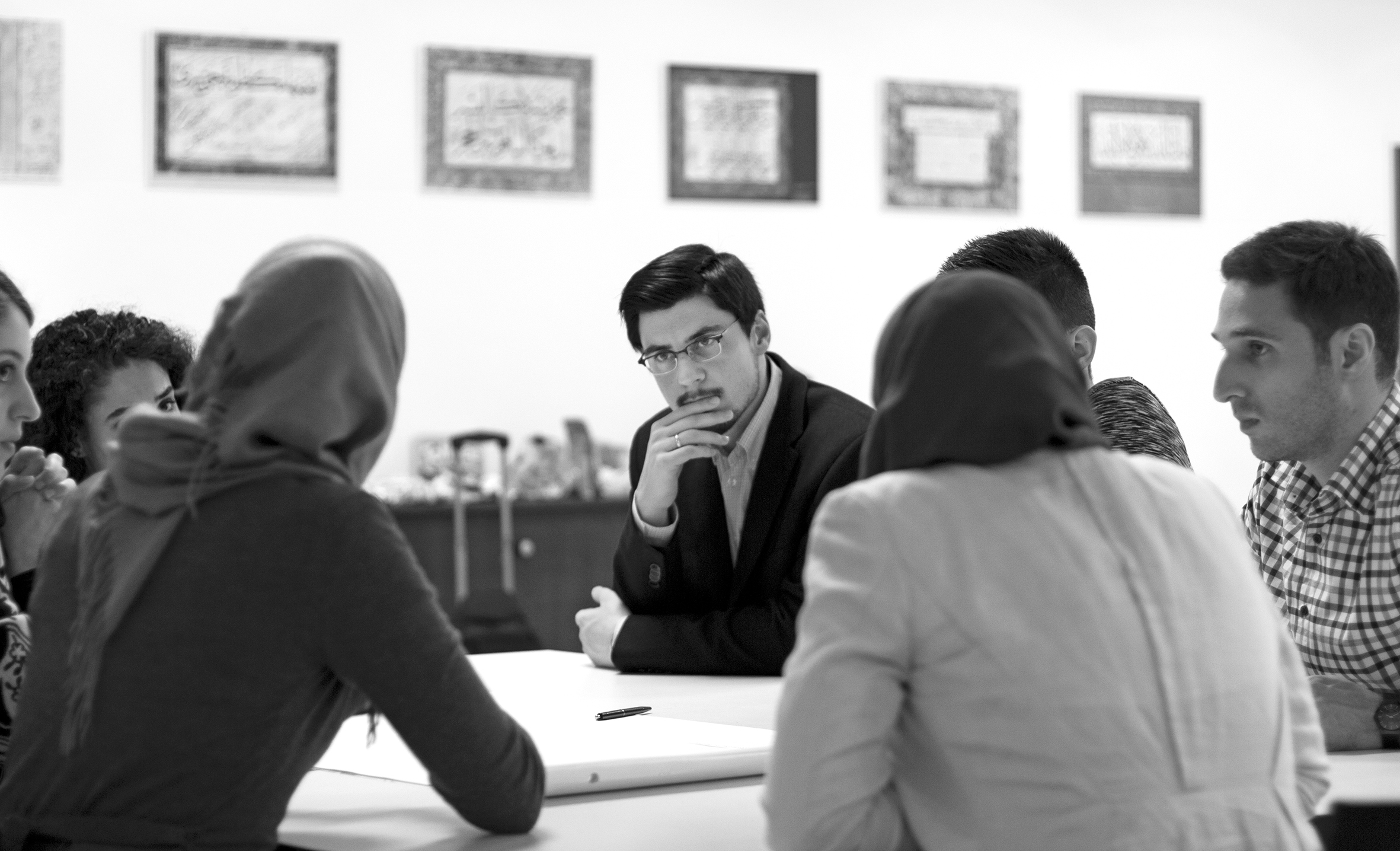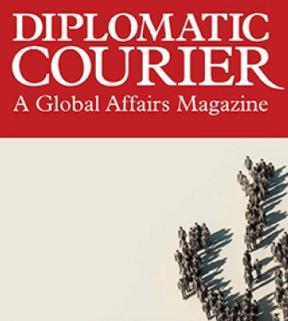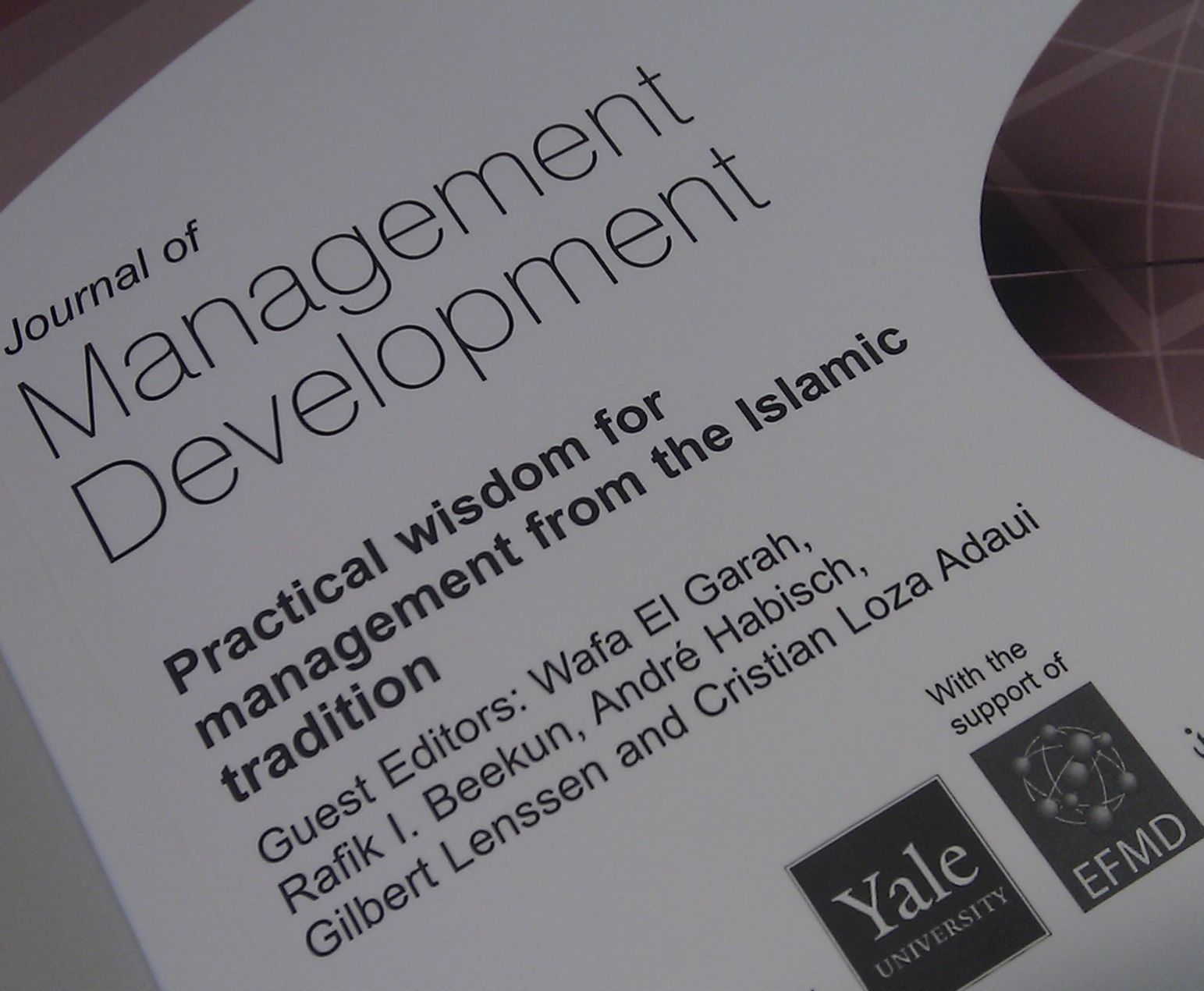 Für mich war und ist wichtig, dass man dann geht, wenn man kann; nicht, wenn man muss. Und so verabschiede ich mich jetzt vom Posten des Vorstandsvorsitzenden bei Zahnräder.
Für mich war und ist wichtig, dass man dann geht, wenn man kann; nicht, wenn man muss. Und so verabschiede ich mich jetzt vom Posten des Vorstandsvorsitzenden bei Zahnräder.
Die wichtigste und erste Aufgabe bei Zahnräder ist es, einen Nachfolger zu finden. Ich denke, dass haben Abdulkadir Topal, Kübra Gümüşay und ich getan. Es gibt ein großartiges Nachfolge-Team mit Ibrahim Kahraman und Said Haider im Vorstand, das Zahnräder verändern und voranbringt iA. Im Kernteam sind außerdem so außerordentliche Persönlichkeiten wie Soufeina Hamed, Tuğba Uzak, Levent Kılıç, Büşra Todil, Nezar Mahmoud, Rafiqa Zahra und Suna Damat. Knapp 100 – wie ich finde ganz besondere – Personen wirken bei Zahnräder mit. Abdulkadir Topal, Kübra Gümüşay und ich werden Zahnräder im Beirat erhalten bleiben.
Seit dem ersten Treffen im März 2010 in Oxford haben wir viel erreicht. Ein Blick auf die Zahnräder Website spricht Bände. Zahnräder hat sich etabliert als sozialer Inkubator für Social Entrepreneurship von Muslimen für die Gesellschaft. Wir unterstützen unzählige Projekte finanziell und ideell und haben Veranstaltungen, die bewegen.
Unser Inkubator ist ein größtenteils virtuelles Gründer- und Innovationszentrum. Soziales Unternehmertum bzw. Social Entrepreneurship befasst sich mit innovativen, meist markt-orientierten Lösungsansätzen, verknüpft mit einer Leidenschaft für ökologische und soziale Nachhaltigkeit. Social Entrepreneurship ist damit eine unternehmerische Tätigkeit, die auf einen positiven gesellschaftlichen Wandel in den Bereichen Bildung, Armut, Umwelt oder Gesundheit zielt.
Soziales Unternehmertum im Zahnräder Netzwerk beruht auf den drei Säulen: Wert, Werte und spirituell-religiöse Weiterentwicklung. Wir streben nach ökonomischer (Wert), ökologisch-sozialer (Werte) und spirituell-religiöser Nachhaltigkeit. Wir unterstützen die muslimischen SozialunternehmerInnen bei der Verwirklichung ihrer vielfältigsten Projekte – von der Idee über die Umsetzung bis hin zum gereiften Ergebnis. Getreu dem Motto: von Muslimen für die Gesellschaft. Für mehr Teilnahme und Teilhabe an unserer Gesellschaft.
Zahnräder sind jedoch nicht die Strukturen oder beschriebenen Prozesse. Zahnräder sind die unglaublich und unersättlich leidenschaftlichen Menschen, die sich mit Körper, Herz und Verstand vollends der nachhaltigen gesellschaftlichen Veränderung widmen. Es sind solche Menschen, die das Mitarbeiten bei Zahnräder wie auch die Teilnahme an den Konferenzen zu einem Erlebnis machen, das ansteckt. Denn sie schafft eine Dynamik des Miteinander Füreinander.
Zahnräder ist intern wie extern gereift zu einer Plattform für professionelle Weiterbildung und Entwicklung sowie nachhaltige Betreuung und Unterstützung. So haben wir interne Weiterbildungsprozesse wie Online-Seminare, genannt Webinare, und speziell entwickelte Leitfäden für unsere TeamleiterInnen. Dazu bieten wir Schulungen und Workshops für Mitwirkende an, Module können z.B. sein Digital Work, Corporate Identity, E-Teams, Leadership, Religion & Wirtschaft, Islamisches Entrepreneurship sowie Vision & Innovation.
Zahnräder ist also ein Ort, wo Menschen lernen und lehren. Dabei möchten wir, gemeinsam bewusst Handeln und bewusstes Handeln ermöglichen und ermutigen. Ziel ist ein nachhaltiges und wertevolles Denken und Agieren in unserer Gesellschaft zu fördern. Wir suchen Menschen, die etwas bewegen möchten und dabei bewegen wir sie. Letztendlich ist Zahnräder gelebte Veränderung.
Wir sind eine Symbiose aus den Werten, die wir haben, und der Gesellschaft, in der wir leben und die wir mitgestalten. Dies ist unsere Identität, die wir erleben und aktiv leben. Wir werden weiter an uns arbeiten – als Individuum, Gemeinschaft und als Institution. Es gibt noch viel zu tun. Ich denke, Zahnräder ist hierfür in guten Händen.
Wir können an uns und durch uns wirken – das Ergebnis entsteht und besteht aus Gottvertrauen.
Veröffentlicht im Dezember 2013 hier.


 Ein kurzer Rückblick und Ausblick. Ein paar Gedanken.
Ein kurzer Rückblick und Ausblick. Ein paar Gedanken.

 Zahnräder transforms individual energy into collective movement. Together, the Zahnräder – wheels or gears – create change in and for society. The
Zahnräder transforms individual energy into collective movement. Together, the Zahnräder – wheels or gears – create change in and for society. The 

